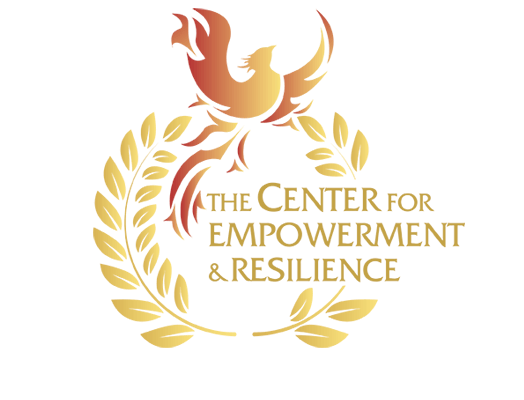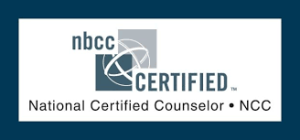
As athletes, we like to compete. There is a risk of potentially losing a competition, but it makes the feeling of winning much sweeter. If there weren’t a risk of losing, victory wouldn’t feel as good. It makes us feel like we earned it. But what do we do when we lose? What does it say about us? We came all this way for nothing. Or did we? Just because we failed, it does not make us a failure, there is also an opportunity to learn, and a chance to bounce back.
Failed vs Failure
Every single person has failed at some point. You have failed. I have failed. It’s a natural part of life. Everyone also has a different definition of failure. Some people see failure as the lack of expected results. To a degree, I agree with the definition. However, the definition also does not specify the number of attempts required to achieve the expected results. Say an athlete is going for a max bench press. This athlete just needs one rep to get the max. He tries to push the bar all the way up, but he doesn’t have enough strength, and he has to have other people help him put the bar back. He has failed on that particular attempt. But, is he a failure? Not to me. The only way that he becomes a failure, in my eyes, is if he were to say, “I give up. I can’t do it. It’ll never happen.” As long as he keeps on trying, eventually, he will succeed. And all of the failures will be forgotten.
How Does Failure Teach Us?
Once, I heard a quote that said, “I either win or I learn.” I thought it was fascinating that instead of losing, it’s learning. It allows us to figure out what went wrong. When you do lose a game, competition, or whatever you may be doing, think of it as investigating what went wrong. Maybe you ran the wrong play, or the weather was not cooperating, or you didn’t prepare that well. Think about what is in your control, and what is not. Some lessons will be easier to learn than others.
Learning From Mistakes
Now, you might be thinking, “I’ve learned what went wrong. Now what?” Well, how do you intend to respond? Do you blame other people? Say it was the officials’, my teammates, or my coaches’ fault? Or do you take the Herculean task of being able to say, “It was my fault.” Let’s look at which one is better. When you blame other people for your problems, it gives them power over you. They can dictate whether or not you can redeem yourself while you sit there powerless. This is where “I” statements come into play. For example, instead of saying, “the other team was more prepared”, say, “I didn’t do enough to prepare.” See the difference between the two statements? The former points the finger at others, while the latter takes accountability, but also empowers you to do better next time.
Takeaways
- Failure is a part of life. How we deal with the failure is what defines us.
- Instead of losing, it is an opportunity to investigate what went wrong and how to improve for the future
- Taking accountability will be more fruitful with learning. Blaming and pointing fingers get you nowhere.
Until Next Time






